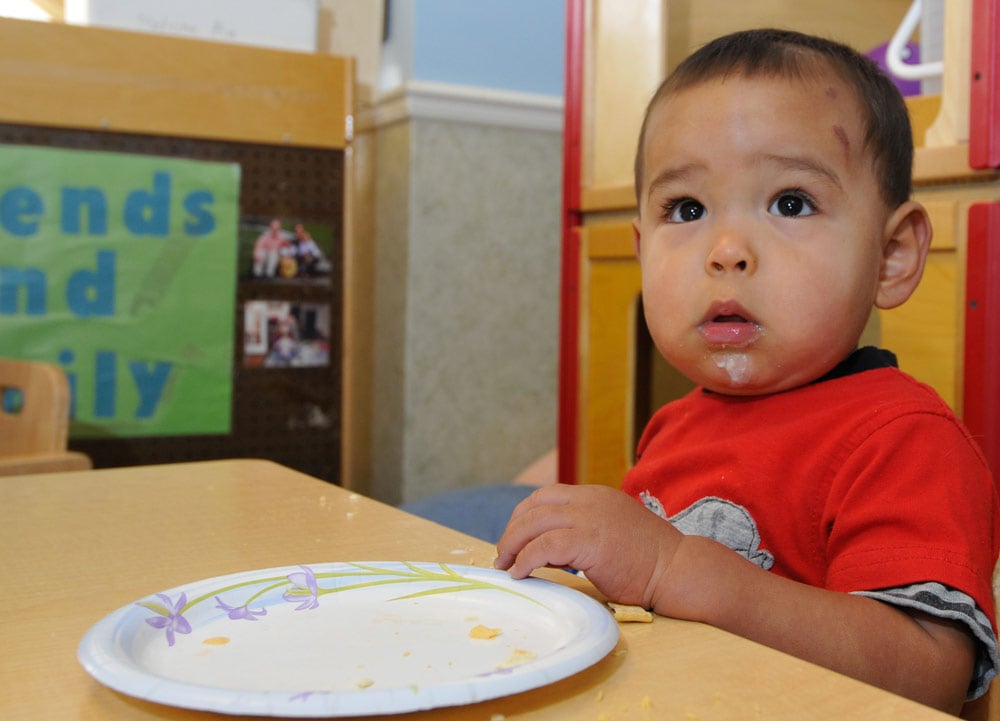
If you filed a tax return in 2018 or 2019 or if you receive Social Security, Railroad Retirement, or certain Veterans benefits, you likely received an Economic Impact Payment (“EIP” also known as a “stimulus check”) automatically in the form of a direct deposit, paper check, or debit card.
However, an estimated 12 million adults and children are not receiving payments automatically because their incomes are either too low to owe federal income tax so they don’t file a return or because they don’t participate in one of the federally administered programs listed above.
The CARES Act does not require earned income, nor the filing of a tax return to qualify for a stimulus payment. However, so called “non-filers” must apply for the payment by filing a simple form with the IRS. To receive a payment this year, the form must be submitted by October 15, 2020. Many eligible families may not know that they need to file the form or how to access the form.
Child Care Resource and Referral agencies (CCR&Rs) and other community agencies can help make sure that eligible families and children don’t miss out on these payments (up to $1,200 per adult and $500 per child). Assess your agency’s role and what you can offer. Here are two actions to consider:
- Conduct outreach. Find an array of ready-to-use outreach guides and materials on the Get It Back Campaign website. Join the EIP Outreach Campaign. Find out if other local agencies are conducting EIP outreach. Explore ways to work together. Consider if there would be value in tailoring or co-creating outreach materials to best match local needs.
- Identify community agencies and subject matter experts you can partner with and/or refer families to for further assistance. Consider local agencies that provide tax preparation assistance to families with low incomes.
Key Resources
Stimulus Payments Outreach Resources





